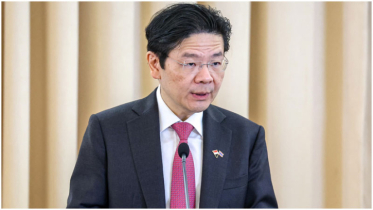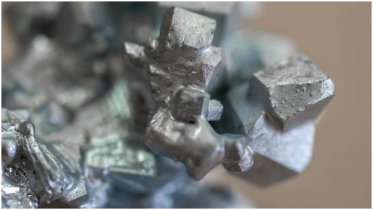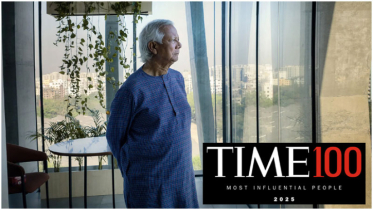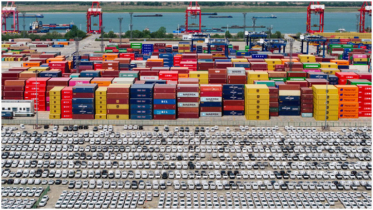Sri Lanka's financial crisis 'gradually' easing: Wickremesinghe
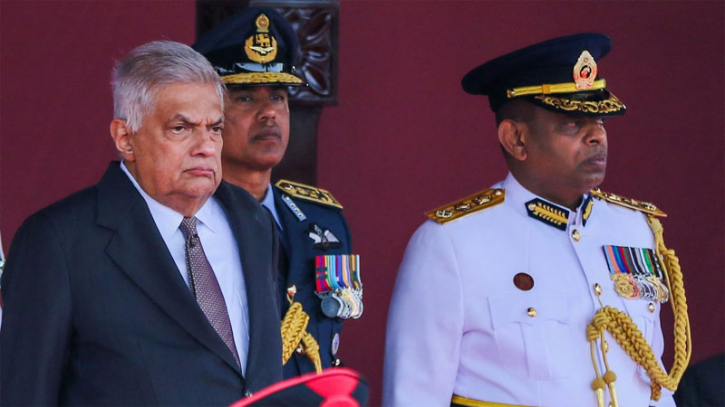
Cash-strapped Sri Lanka is ‘gradually’ emerging from its worst economic crisis after the austerity of an IMF bailout, Lankan president Ranil Wickremesinghe said Sunday in a speech to mark independence day.
Recalling the "indignity of being labelled a financially bankrupt country", the President dispensed with the customary annual address in favour of a brief statement.
The island nation defaulted on its $46 billion foreign debt in 2022 after a foreign exchange wipeout left it unable to import food, fuel and other essentials.
Sri Lanka saw months of civil unrest at the peak of the economic crisis, culminating in the ouster of then-president Gotabaya Rajapaksa when thousands of protesters stormed his home.
The International Monetary Fund (IMF) released the first tranche of a $2.9 billion four-year bailout loan to Sri Lanka in March last year under a reform programme that saw taxes raised and prices sharply increased.
"Throughout this journey, challenges will gradually dissipate, life's burdens will lighten, the economy will fortify," Wickremesinghe said.
Prices spiked more than 6% in January after the government hiked taxes in line with IMF conditions to maintain the bailout loan, according to Central Bank of Sri Lanka data.
The 6.4% reading was well up from the 4% seen in December, according to the bank.
However, it is still less than a tenth of the levels seen at the height of the island's financial crisis in 2022, when inflation peaked at nearly 70%.
"It is imperative that we obtain insights from past mistakes and avoid their repetition," Wickremesinghe said.
.png)

